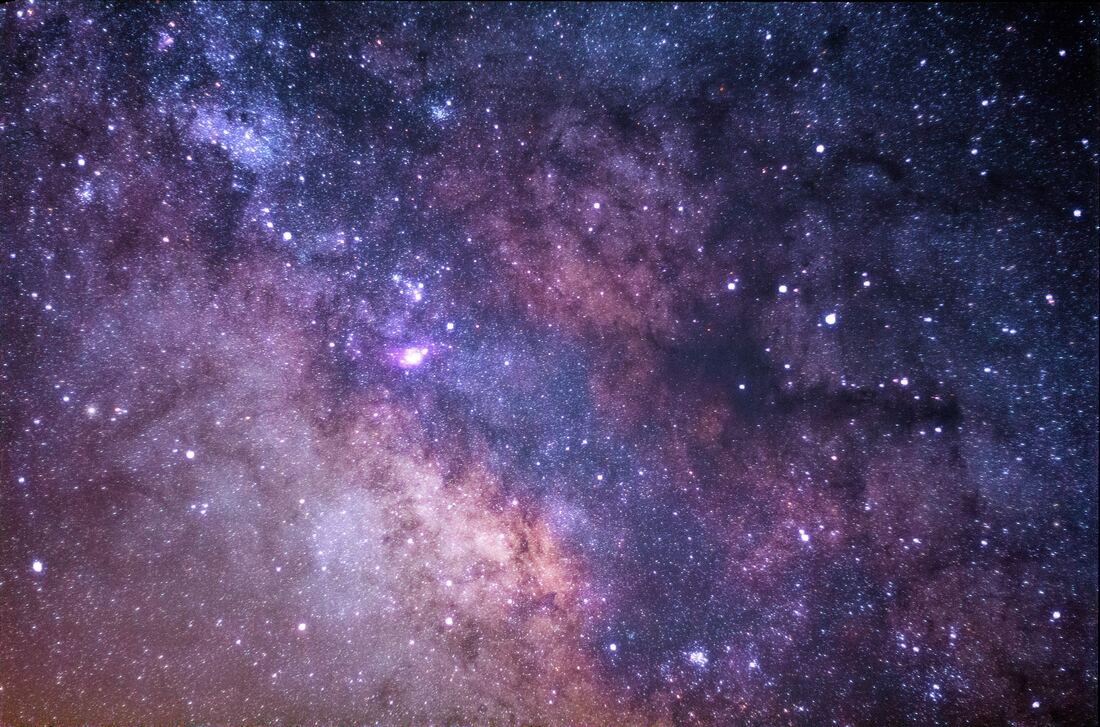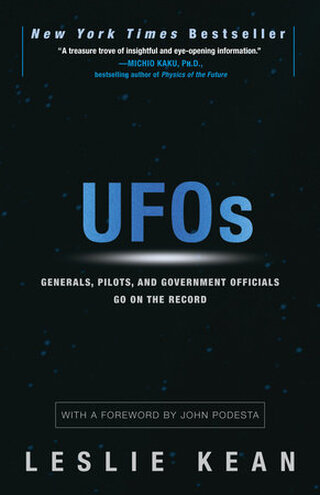
Photo by Jeremy Thomas on Unsplash
Process philosophy and theology are exploratory in spirit. They do not claim to have final answers, but they do delve into plausible possibilities, often grounded in the remarkable cosmology of Alfred North Whitehead. Here are four such possibilities:
- There is life on other planets.
- Some of that life is intelligent.
- Some intelligent beings on other planets seek to communicate with Earth by sending signals and messages.
- Some intelligent beings from other planets are visiting Earth and sending spacecraft to explore Earth.
I hesitate to use the word "aliens" to describe intelligent beings who might seek to communicate with us because the term can be off-putting. I prefer to think of them as kindred explorers who possess a quality we humans also share: curiosity.
From a process perspective, curiosity itself is a spiritual virtue—a quality of heart and mind that reaches into the future in an adventurous way, seeking to understand what is unique, different, and other. Process theologians view curiosity as one way of responding to God, and they see God as also curious in God's own way. When events happen in the world, they are new to God as they occur. Therefore, God, too, must be open to the novel and embrace the emergence of new relationships, even with visitors from afar.
While some individuals with a more defensive mindset may worry about the security implications of visitations, fearing that extraterrestrial explorers might seek to conquer or colonize Earth, I, as a process theologian, prefer to approach intelligent seekers from other domains in a more relational way: as potential friends. After all, they, too, will carry initial aims and fresh possibilities from God in their extraterrestrial hearts. I believe we can and should welcome them and learn from them, just as they might also learn from us. Drawing on my experience in inter-faith dialogue, where I have engaged with Christians, Buddhists, Hindus, Muslims, Jews, and people who identify as Spiritual but Not Religious, I see inter-planetary dialogue as a form of inter-religious dialogue—a mutual learning process.
In the near future, two remarkable books will be published that explore the possibilities of intelligent life on other planets and how it can shape our understanding of ourselves. One is titled "Metaphysics of Exo-Life: Toward a Constructive Whiteheadian Cosmotheology" by Andrew Davis, and the other is "Astrophilosophy, Exotheology, and Cosmic Religion: Extraterrestrial Life in a Process Universe" by Andrew Davis and Roland Faber.
This page is also exploratory, though in a less scholarly manner. As always, my intention is to offer "lures for feeling and understanding" in the process spirit that may prompt the imagination of readers. I hope that readers will explore those books for more astute and imaginative analyses when they are released, using this page as a springboard.
The page is divided into several sections, some of which provide links to other sources:
- Four Possibilities: UFO's and Life on Other Planets (Jay McDaniel)
- Welcoming our Cosmic Neighbors: Process Thought and UFOs (Jay McDaniel)
- Book Recommendation: Laura Keen's Book "UFOs"
- What the heck is going on with these UFO stories? Ezra Klein's interview with Laura Keen
- UFO's are going mainstream (Washington Post article and videos)
- Abstracts of Forthcoming Books by Davis and Faber
- A Process Greeting to Extraterrestrial Friends (Jay McDaniel)
Feel free to jump from section to section as your spirit inspires you. If you are skeptical of all of this, especially the idea of probings and visitations, I encourage you to start with sections 3, 4, and 5: the book recommendation, the interview with Laura Keen by Ezra Klein, and the Washington Post article. Then, judge for yourself. In process philosophy and theology, questions of life on other planets, much less probings and visitations, are empirical questions, not metaphysical ones. As Andrew Davis makes clear, Whitehead offers a metaphysical perspective that can help us understand our cosmic neighbors, if they exist, but we can wait and see what the evidence suggests about their existence. My impression is that the evidence is pretty strong.
Who knows? Our cosmic neighbors may also be exploratory in spirit. They might be wondering, like God, what in the world is going on with planet Earth, with its humanoids bent upon destroying themselves. The final section is a semi-playful introduction of process philosophy and theology to extraterrestrials, inviting them to engage in mutual exploration and understanding.

